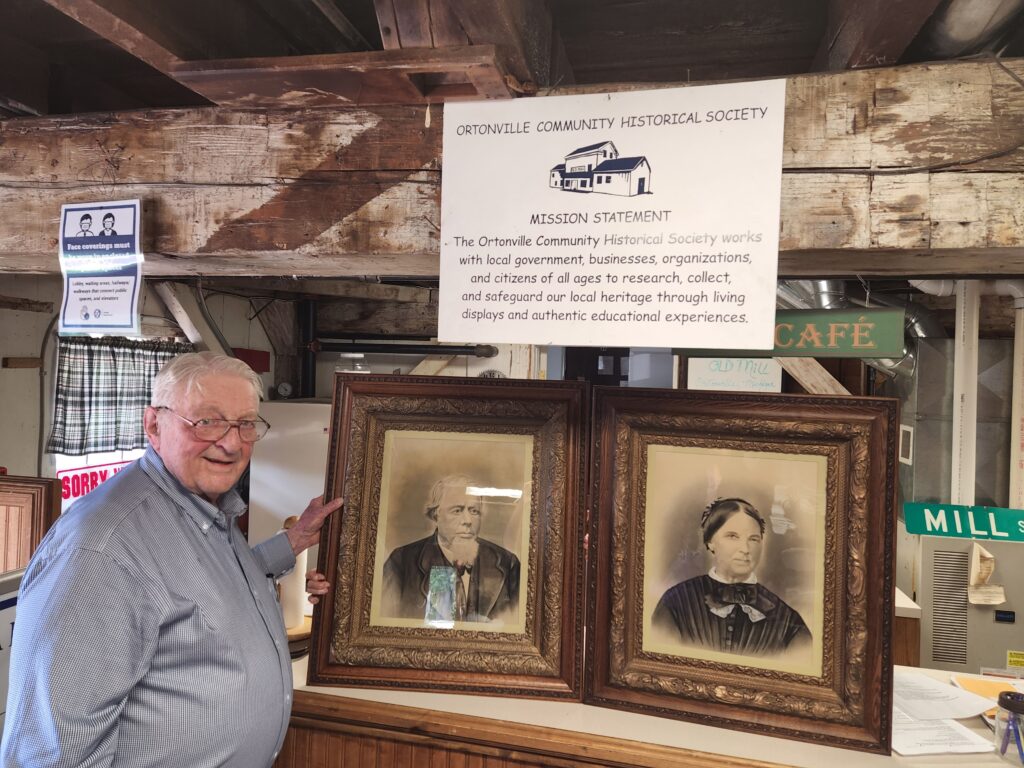175 Years Ago to the Present
By Samuel Loudon
In the past 175 years changes continually occur leaving us with entirely different lifestyles and societies. We all see how technology has evolved, but what has that really done to us? The advancement of technology has changed our work ethic, our communities, and our families. My question is; has it changed for the better?
With the rise of technology, jobs and work ethic have changed drastically. 175 years ago almost everything was hands-on and more physical, bringing people to a physical state. The most common jobs in 1800s consisted of farming, blacksmithing, and wood cutting. In contrast, programmers sit at their desks writing code to support the induction of artificial intelligence (AI). With obesity rates tripling in recent years we can conclude that it is because we do not engage in physical labor as much as we used to. Replacing workers with AI has already been happening, but with new developments, we can expect it to jump significantly. I believe that spending more time outside in God’s creation brings individuals more fulfillment and satisfaction. In the last year over 50 million have been recorded to have quit their jobs. This evidence shows how unfulfilled we feel today in our work. When you do not feel fulfilled your work ethic will decline significantly.
175 years ago people needed their community’s help to survive. If one was a blacksmith, he would need to get food from a farmer. If one was a builder, he would use the blacksmith’s nails to build. This necessity for interdependence brought people closer and created a tighter community. A century and a half ago people wanted to help their friends and neighbors. With barn raising consistently happening throughout this time period we can see this evident. In today’s day and age, we don’t need to rely on each other to get supplies. We can go online; order whatever we need, and it will come to us in a couple of days. Bringing us to a state of independence we lose the community we once enjoyed.
Understanding how families build relationships continues to alter given technology’s encroachment. With the average screen time of teenagers being seven hours a day, this leaves very little time for families to flourish. Connection points between loved ones are harder to come by these days. A century and a half ago trades and businesses were passed down through generations. Learning your family’s trade brought a deep connection point with your father or grandfather leaving people with a closer and more intimate family environment. On the other hand, relationships with extended family seem more convenient. With cars and cell phones, one can visit, call, or FaceTime extended family with ease.
Change remains inevitable, but that does not mean we cannot change for the better. Dwelling on the past helps us see patterns of ways people have failed or succeeded and prepares us more adequately for the future. Ultimately our decision-making and our choices determine if we are going to change for the better.
510 words

